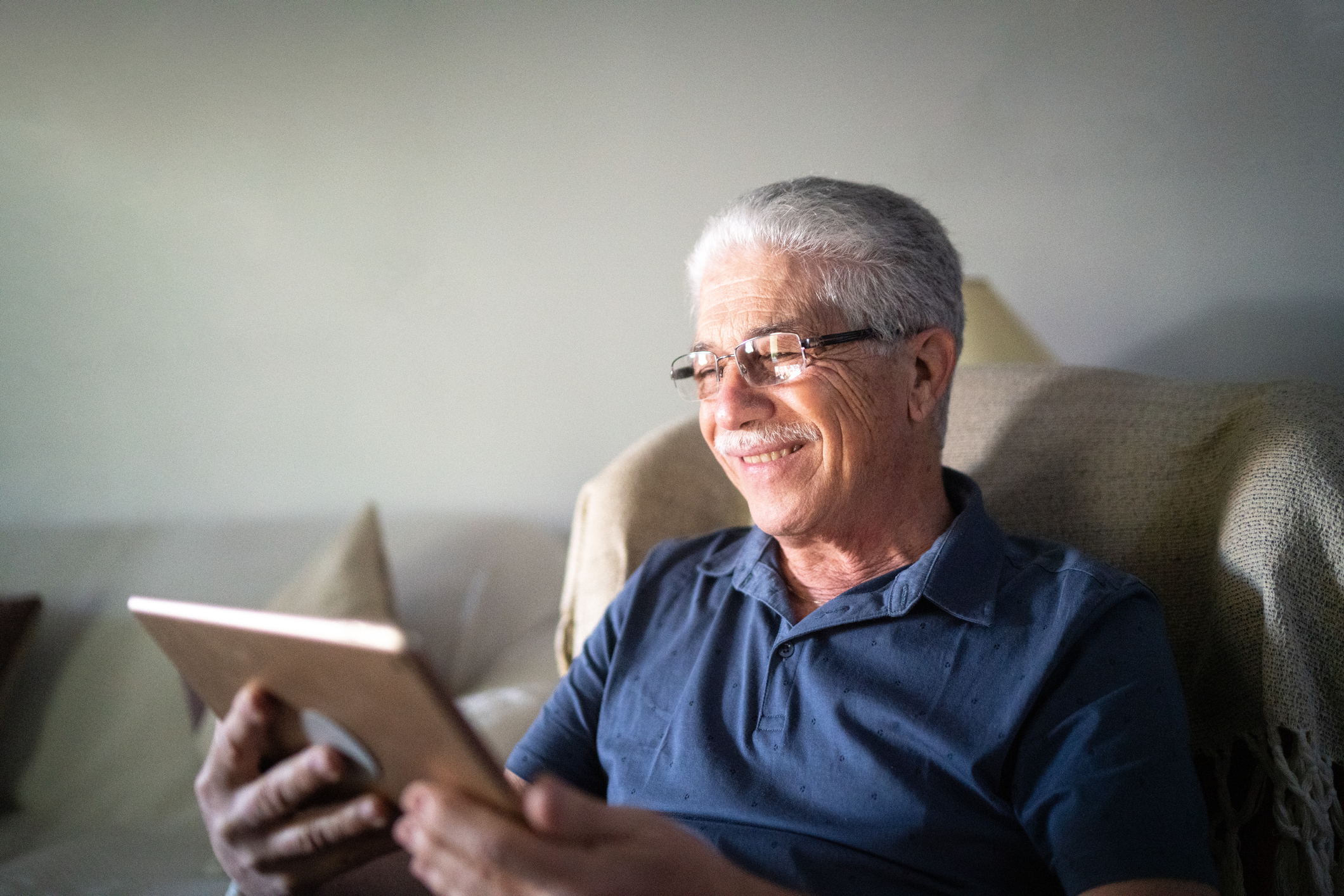Several hospitals and healthcare facilities are poised to start evaluating wearables in several different pilots. They include assessments of Apple Watches to evaluate side effects of chemotherapy in cancer patients to getting a quick assessment of a patient’s emotional state. Others plan to apply them to remotely monitor patients to spot potential problems earlier and to see if social incentives for adherence for hypertension patients have an impact.
Earlier this year Reuters said at least 14 hospitals are using Apple’s HealthKit in pilot studies to evaluate the effectiveness of remote monitoring tools.
Here’s a summary of the pilots:

With the Rise of AI, What IP Disputes in Healthcare Are Likely to Emerge?
Munck Wilson Mandala Partner Greg Howison shared his perspective on some of the legal ramifications around AI, IP, connected devices and the data they generate, in response to emailed questions.
Apple Watch for breast cancer patients
MD Anderson Cancer Center plans to evaluate Apple Watch in a nine month study of 30 breast cancer patients. It will use Apple Watch to track physical activity and heart rate. It will also use questions that patients can respond to with a tap of the watch face to find out how patients are dealing with any side effects of their treatment, signs of depression or trouble sleeping. Patient recruitment is expected to start in August. Polaris Health Directions is collaborating on the pilot.
Apple Watch and chemotherapy
King’s College London will use Apple Watches with an app developed by Medopad to make sure their chemotherapy dosages are sufficient and ensure patients are taking the drugs. Patients will get reminders of which medication to take. They can enter symptoms and their temperature. Medical staff can also use the app to monitor patient activity levels through the Watch’s accelerometer.
Withings blood pressure cuff and hypertension med adherence
University of Pennsylvania is piloting the use of Withings’ Bluetooth enabled blood pressure cuff to evaluate whether social incentive improves adherence with monitoring for hypertension patients. MobiHealthNews reported on the study posted on ClinicalTrials.gov earlier this week. Participants have to have an Android or iPhone. According to the study patients will be asked to
monitor their blood pressure twice a day for 90 days. Participants will be randomly assigned to a social incentive program. A supporter will receive updates by email or text message on the participant’s adherence with monitoring their blood pressure and their average blood pressure.
Biosensors to remotely monitor COPD patients
CareMore is evaluating Sentrian’s remote patient monitoring and analytics service among members with COPD. Dr. David Ramirez, Chief Quality Officer with CareMore, talked about the previously announced 12-month study at the Institute for Health Technology Transformation. He said one goal of the study, which is expected to begin next month, is to reduce the number of false positives generated by connected devices and unnecessary hospitalizations.















